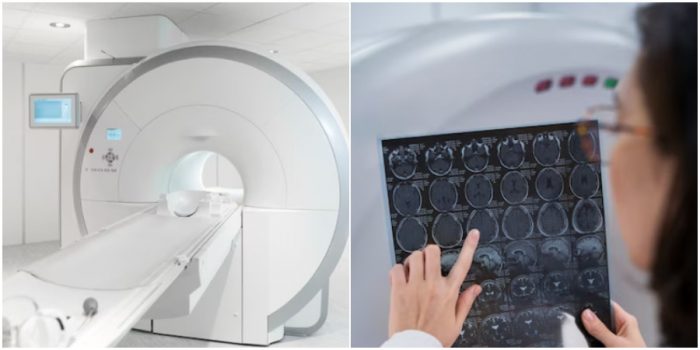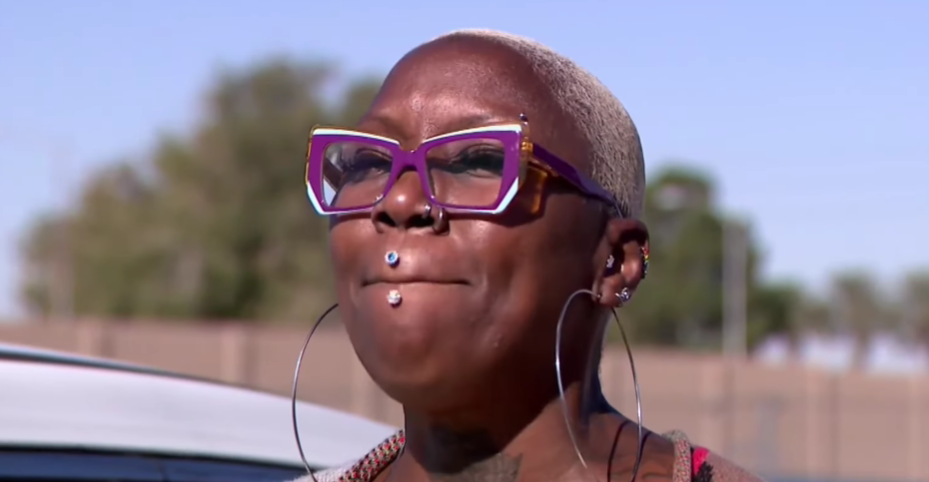Researchers at the University of Louisville have made a big leap in diagnosing autism in young children using a smart computer system powered by artificial intelligence (AI). This system can tell if a toddler has autism with amazing accuracy. But how accurate is AI in early autism diagnosis exactly? What does this mean for autistic kids? And what was the age of accurate diagnoses up until now? Continue reading to find out.
Exploring AI in Autism Diagnosis
The AI system works by looking at special brain scans called MRI scans. These scans show how water moves around in the brain. The system then compares these scans from children with and without autism to spot any differences in how the brain works.

For PRNewswire, Dr. Gregory N. Barnes, one of the scientists behind the project, says that autism happens because the brain’s connections are not quite right. This can lead to problems like trouble talking to others and repeating the same actions. By looking at these brain scans, the AI system can pick up on these differences and tell if a child might have autism.
To test their system, the researchers looked at brain scans from 226 kids aged 2 to 4 years old. They found that their AI system was right 98.5% of the time when it came to spotting autism. This is a huge step towards earlier and better diagnoses.
Understanding Autism Diagnosis
The team believes that finding autism early is significantly important. The earlier they can help, the better the outcome for kids with autism. Right now, many kids don’t get checked for autism until they’re older, which can make things harder.
According to Autism Speaks, despite progress in outreach and diagnosis, the average age for an autism diagnosis in the U.S. is still around 5 years old, even though specialists can reliably diagnose it by age 2. The average age for starting interventions is around 4.7 years.
But with this new AI system, doctors might be able to spot autism much earlier, even before a child turns three. This means they can start helping kids sooner, which could lead to better results, like being more independent and having higher IQs.
Dr. Barnes also thinks that this AI system could make things easier for doctors. Instead of spending lots of time doing tests, they could use the system to get quick and accurate results.
The researchers are now working to get the system approved by the FDA so doctors everywhere can use it. They hope it will be available very soon to help kids with autism get the support they need early on. This breakthrough shows how technology can make a big difference in healthcare, especially for conditions like autism. AI’s help in autism diagnosis is a big win for technology and pediatry.
You may also like: Neurodivergent: Understanding the New Concept of Neurodiversity



